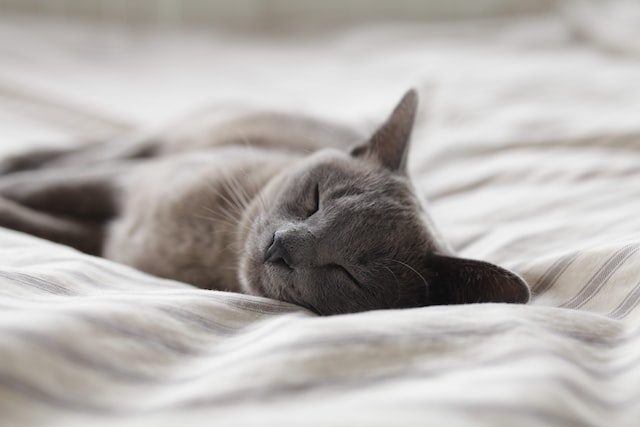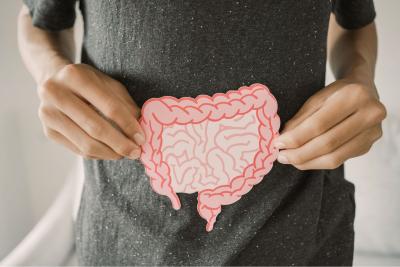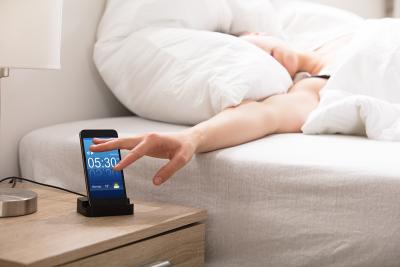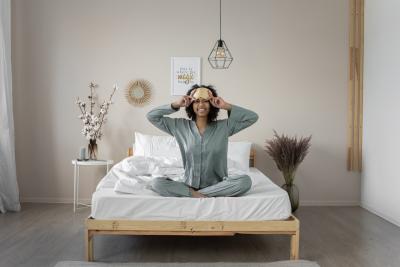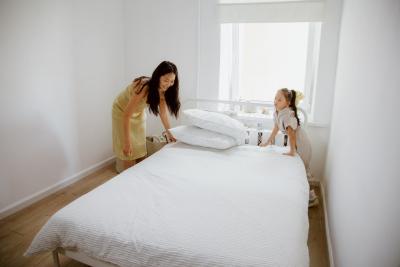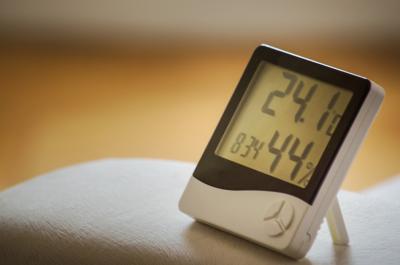What’s the secret to a good night’s sleep?
Everyone will give you a different answer, after all, when it comes to sleeping, everyone approaches it differently. However, there are a few things we can all do to establish a healthy sleeping pattern and start sleeping well. Follow these eight tips and you’re sure to be catching zzzs in no time!
1. Have a Set Bedtime
It may feel slightly childish to have a bedtime, but it could actually help alleviate any trouble sleeping you might have.
Whether you’re young or old, a routine can help your body regulate its natural clock and create a healthy sleeping pattern. This will likely result in you feeling tired at roughly the same time every evening and prevent periods where you crash out through exhaustion.
2. Don't Sleep in
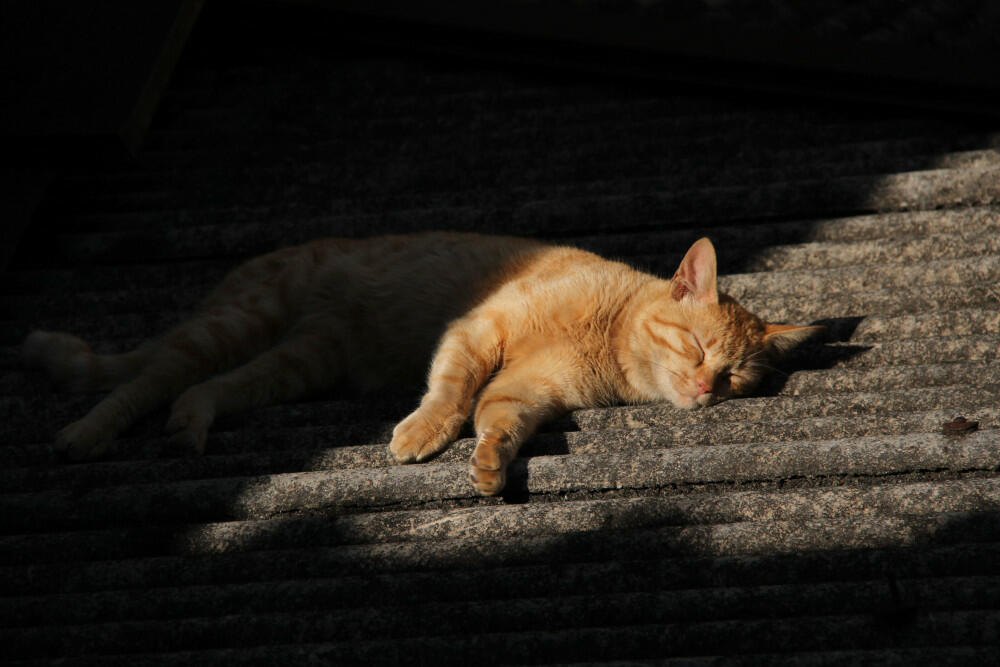
Not sleeping in is just as important as going to bed at a set time.
Sleeping in on weekends may be necessary after a night out, but try to avoid this whenever you can! As oversleeping can prevent you from nodding off at your usual bedtime.
Establishing a healthy sleeping pattern will stop you from sleeping in and allow you to feel refreshed and less groggy.
3. Avoid Afternoon Naps
We know this is a hard one, as love a good nap just as much as the next person! But afternoon naps can cause disruption to a healthy sleeping pattern. Napping can make you feel less tired, and in turn, cause trouble sleeping, as you don't feel sleepy at your usual bedtime. So, the next time you sit down to relax and find yourself feeling drowsy, pick yourself up off the sofa and get active.
Whether it’s going for an after-dinner walk or simply doing the dishes, the activity will get your body moving and prevent you from a nap that can ruin your good night's sleep.
4. Soak up Some Sun

The morning sunshine is a great way of waking yourself up after a deep slumber, but did you know early morning sunshine can also help you sleep at night?
Sunshine will regulate your internal clock alongside daylight hours, plus it could have some positive effects on your hormone cycles and body temperature too.
If you’re worried you don’t get enough sunlight (hardly surprising with our British weather), you could also simulate sunshine with a light therapy box.
5. Stop The Late-Night Scrolling
Resisting the urge to check your emails, the latest posts on Instagram or read the next chapter on your kindle can prevent the soft glow of blue light from disrupting your snooze.
The light from TV screens can also suppress melatonin levels and stimulate your brain rather than relax you.
Perhaps try listening to calming music or take a bath before bed instead. Or, if you have to use your devices late at night, try turning down the brightness or using a smaller screen.
6. Exercise Regularly

Exercise is not only good for your waistline, but it can make you feel more awake in the day and help you get a good night's sleep too.
Exercise can reduce the symptoms of insomnia, improve sleep apnoea and even ensure you spend longer in deep stages of sleep. So, choose the stairs, walk rather than take the tube and join your kids for a bike ride.
Some small changes can make a big difference!
7. Give Your Bedroom a Makeover
Improving your sleep environment so that you are comfortable will relax your mind and body, helping you to drift off quicker.
Plus, you’ll be less likely to wake up in an uncomfortable position during the early hours.
Keeping your room cool, shutting doors and windows to minimise noise and investing in a quality mattress can all work wonders. You’d be surprised how many people wake up with a sore back or neck simply because they have the wrong type of mattress for their needs.
8. Consider Your Diet
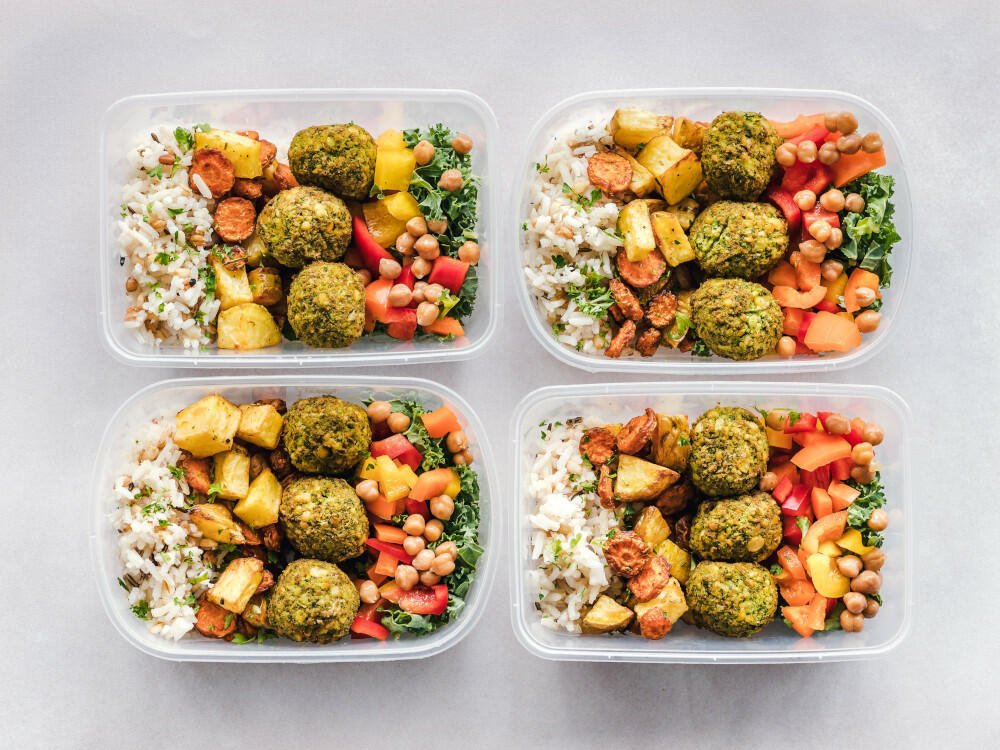
Diet plays a huge part in your sleep health. Eating lots of sugary, salty and fatty foods can have a negative impact on our sleeping pattern.
To aid a good night's sleep, aim to include healthier options in your diet and you'll quickly notice a difference. Don't worry, you can still have that chocolate bar too...it's all about moderation!
From tea to takeaways, you can read all about this in the following blog post: 10 Foods That Help You Get a Quality Sleep
Improve Your Nights with Help from Happy Beds
As we all now know, having a comfortable bed is key to getting a good night's sleep.
With that in mind, if your bed is getting old, lacks support or simply doesn’t cut the mustard we can help. Whether you’d prefer a pocket spring or latex, memory foam or orthopaedic, we have a high-quality yet affordable mattress in our online shop that is sure to be the right fit.
If you need more guidance, take a look at our Mattress Buying Guide.


